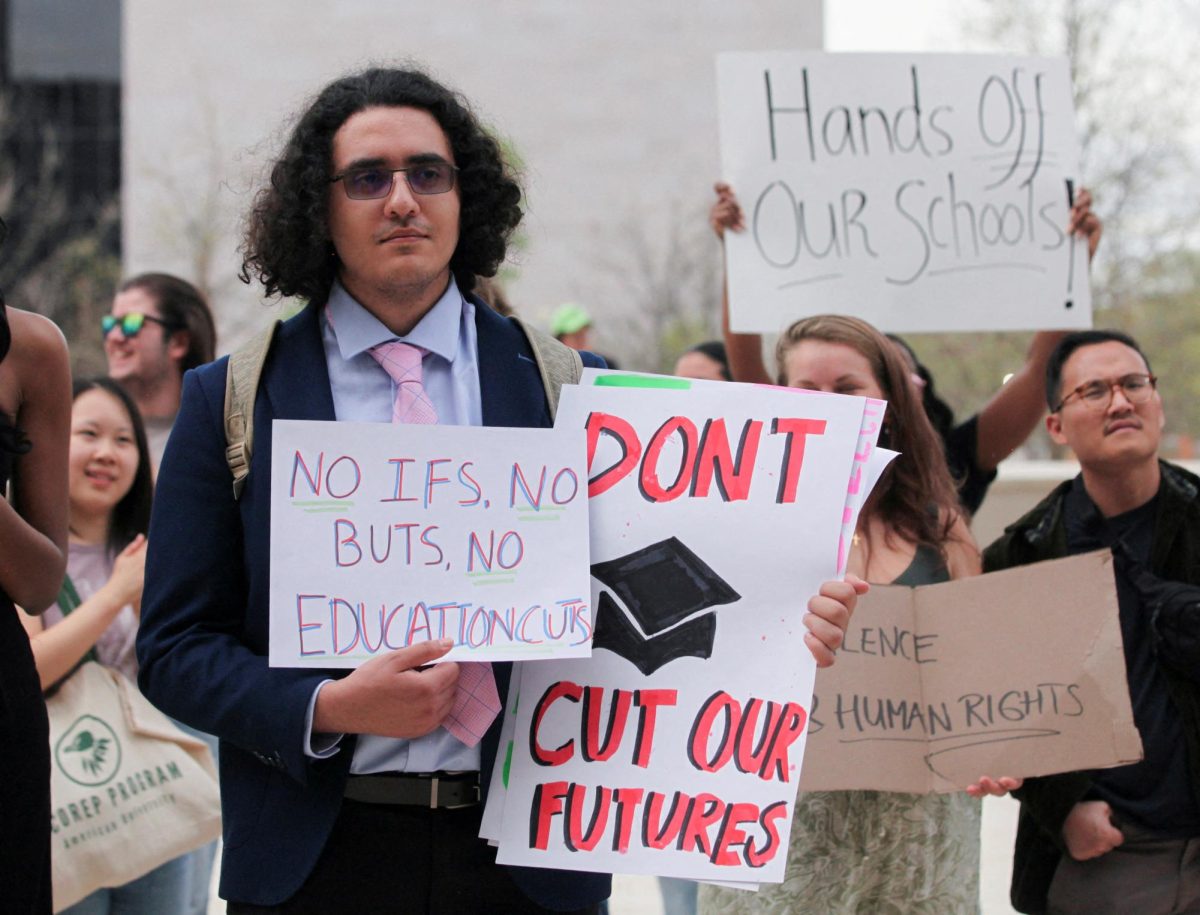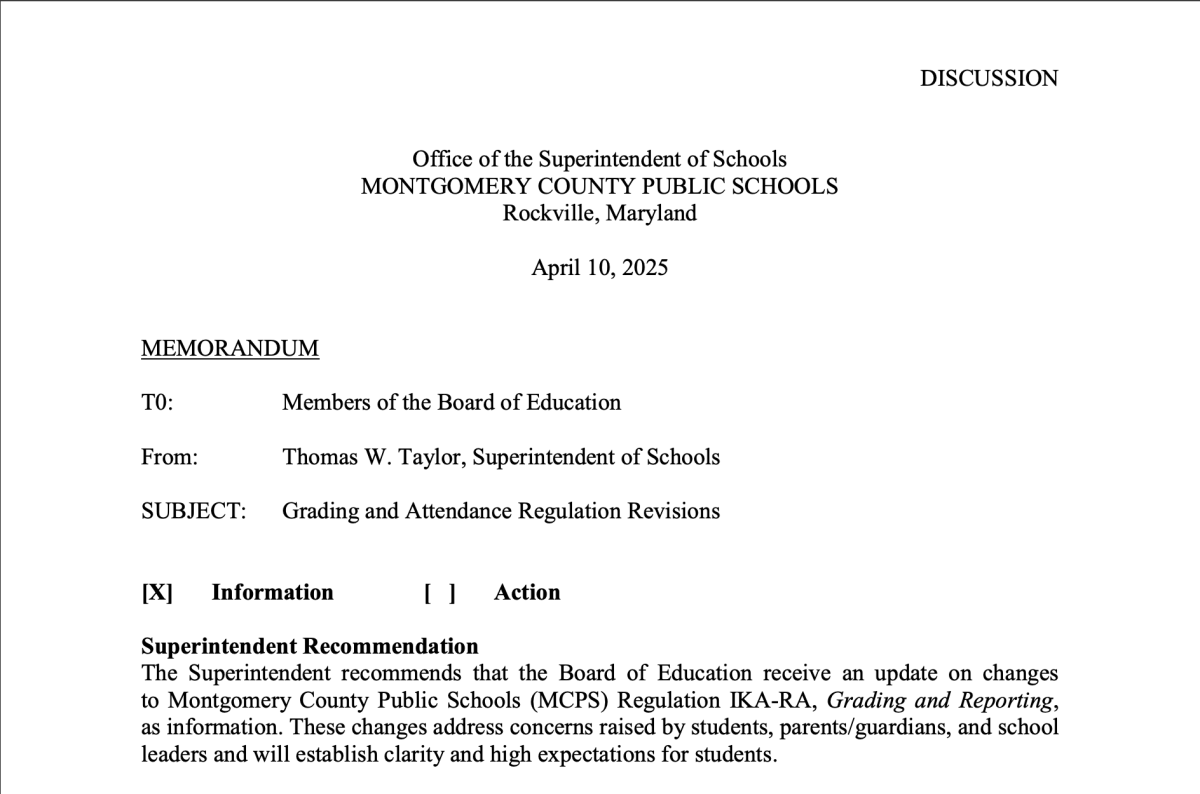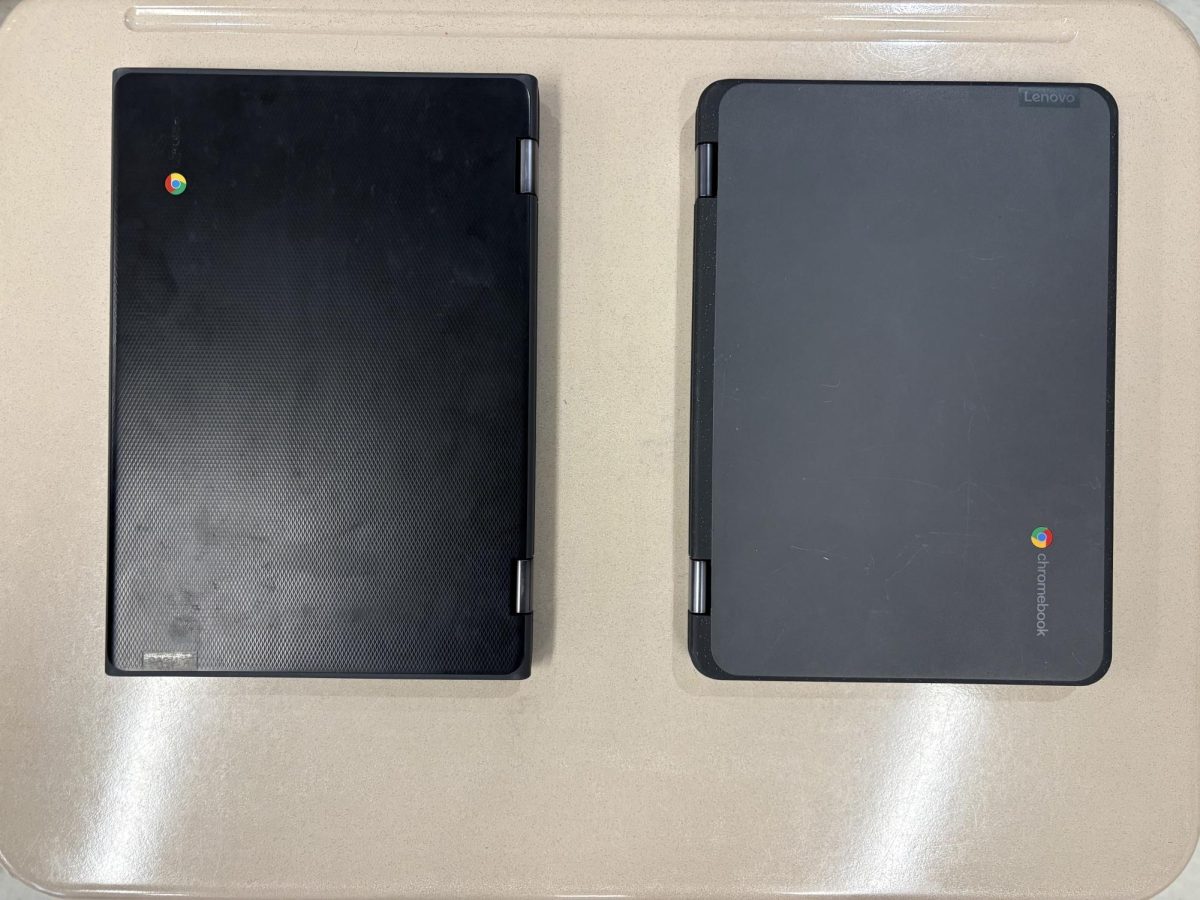With increasing urgency to reduce carbon emissions, the idea of electrifying vehicles has advanced significantly. Recently, MCPS announced that they are moving forward with a massive school bus electrification project.
The project is a partnership with the company Highland Electric Fleets. In total, the partnership aims to add 326 electric buses to the MCPS bus fleet. These changes are made even more relevant by the scale of the system’s bus operations. MCPS operates the 7th largest bus fleet among school districts in the nation with 1378 buses.
Previously, high upfront costs have deterred MCPS and other school systems from purchasing electric buses. Recently, tax incentives and climate legislation have helped enable the school district to move forward with school bus electrification.
MCPS celebrated the project with a press conference at WJ in late October. Many local leaders attended including Superintendent Monifa McKnight, Board of Education President Brenda Wolff, County Executive Marc Elrich and Congressman Jamie Raskin. They all lauded the move as a transformative step to take on climate change. The move marks a major step towards meetings MCPS’s climate commitments, which include reducing emissions by 80% by 2027 and 100% by 2035.
Much credit was given to recent government actions for helping make the electric bus deal possible. In recent years, the County Council has passed a climate action plan, the school board has adopted aggressive climate targets and Congress has passed infrastructure legislation that included funding for electric buses. All of these moves were discussed in the press conference.
In addition to the environmental benefit, MCPS will also benefit from reduced operating costs due to the reduced need for diesel fuel.
The WJ cluster receives its school buses from MCPS’s Bethesda Depot. The depot has received over 40 charging units and 20 electric buses, according to Depot Manager James Beasley. Of those, approximately 15-18 go out for regular service for students. Beasley has found that the new buses have been well received in part due to their reduced noise pollution.
“They’re quiet, drivers like them, students like them [and] parents like them,” Beasley said.
Many WJ students are now riding these new electric buses. Sophomore Finn Morrison shares a positive view of the new initiative but he also finds the new buses to have less space.
“The ride was a lot smoother, quieter and less bumpy. But, the seats were a lot smaller and the aisle was smaller,” Morrison said.
Most likely, MCPS will be adding hundreds of electric buses to its fleet in the coming years. This will mark a huge shift in how students are transported.




















